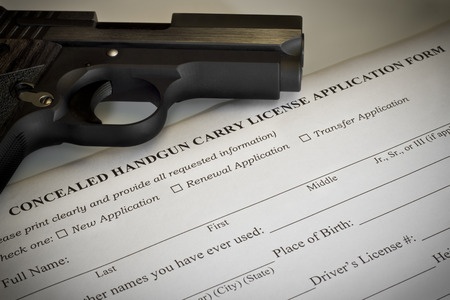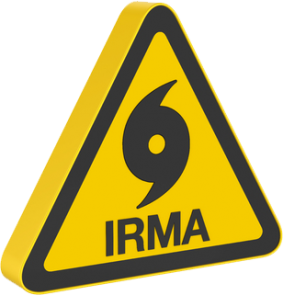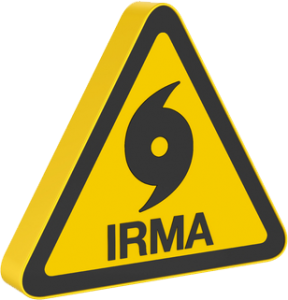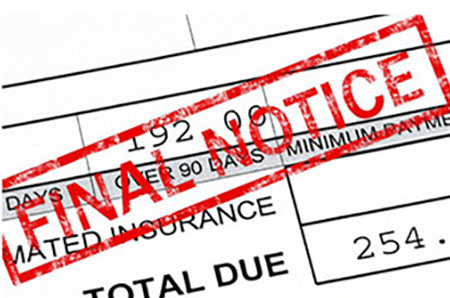For the past couple of years, student loans have been in the political hot seat.
The Biden Administration and many consumer rights advocates have long said student loans were a significant burden for individuals looking to move up the economic ladder.
But for many people, providing relief for student loans was a giveaway to people who signed contracts and had obligations to repay the loan.
But, unlike just about any other debt, there was no ability to discharge most student loans through the process of bankruptcy protection. You could get a fresh start with your credit card and car loans, but not your student loans.
As we turn to 2024, this issue has not been solved, but many different items on the horizon might affect your student loans. Forbes did a great job in addressing these issues here, but it’s still important to reach out to The Orlando Law Group if you need help.
Our attorneys at The Orlando Law Group can look at your unique situation and determine what might be options for you to bring relief to your student loan debt and other debt issues.
How do Student Loans Work?
There is no doubt that student loans are complicated. Some depend on your financial situation when you took the loan. Some are backed by the federal government; some are done through private means.
There are four basic loans to consider:
- Direct subsidized loans
- Direct unsubsidized loans
- Direct PLUS loans
- Direct consolidation loans
U.S. News and World Report has an excellent article about each of these types of loans if you want a basic understanding of the loans. And if you are a student or parent, please look at the U.S. Department of Education’s website about student aid.
Both of these resources can help guide you if you think this is the best way to finance your or your child’s education.
But if you are looking for relief, all the various programs that are available to you can be quite a maze and the best way to navigate to find your best solution is with the help of an attorney.
First some good news!
One of the best ways to find relief is through a wide range of federal programs designed to help debtors. The Biden Administration is constantly releasing new programs, and more are expected in 2024.
Late last year, it was announced that a key deadline for consolidating loans under the direct loan program offered by the U.S. Department of Education was extended to the end of April.
If you have multiple student debt loans, it is vital you investigate this program as soon as possible to work to try and get some relief.
Another program to help the medically disabled was announced in December, giving more than a half-million borrowers with a medical disability the ability to discharge their loans. The government has dedicated $12 billion to help make this happen.
And if you think you were defrauded by a loan company or your school, you may be eligible for the Borrower Defense to Repayment and Closed School Discharge program, which was allocated $22 billion to help offset loans.
Are there other resources coming?
Over the next 12 months, there will be other programs announced, but many of them can be very complicated. For instance, because of issues with processing 40 million student loans, the government has taken action to protect borrowers using four government-contracted processors.
The companies have had significant issues with accepting payments, sending invoices, and helping people who call their customer service centers.
This issue and subsequent forbearance were announced in late November and could affect up to 3.5 million borrowers.
The Orlando Law Group is closely watching what has been dubbed “Biden’s Plan B” for student loans. The White House announced this over the summer and the rule-making process ended late last year.
However, the final plan may not start until late in 2024 – and maybe into 2025.
What to do now?
As with any debt, it is important to start preparing as soon as you think you might be heading into trouble with your financial situation and need a reset.
While student loans are still not widely covered by bankruptcy protection laws, they should be considered part of your overall debt and should be part of any plan to take back control.
One of the first steps to getting relief will be to have one of our debt attorneys review your unique situation. After all, every person’s situation is unique and while your friend might qualify for a great program, you may not.
We are here to help you. Millions of Americans go through debt relief programs every year and come out stronger after their restart.
The attorneys at The Orlando Law Group can help businesses and individuals with student loan and debt issues and possible bankruptcy protection in Orlando, Waterford Lakes, Altamonte Springs, Winter Garden, Lake Nona, St. Cloud, Kissimmee, and throughout Central Florida.
If you have questions about anything discussed in this article or other legal matters, give our office a call at 407-512-4394 or fill out our online contact form to schedule a consultation to discuss your case. We have an office conveniently located at 12301 Lake Underhill Rd, Suite 213, Orlando, FL 32828, as well as offices in Seminole, Osceola and West Orange counties to assist you.
The articles on this blog are for informative purposes only and are no substitute for legal advice or an attorney-client relationship. If you are seeking legal advice, please contact our law firm directly.






















